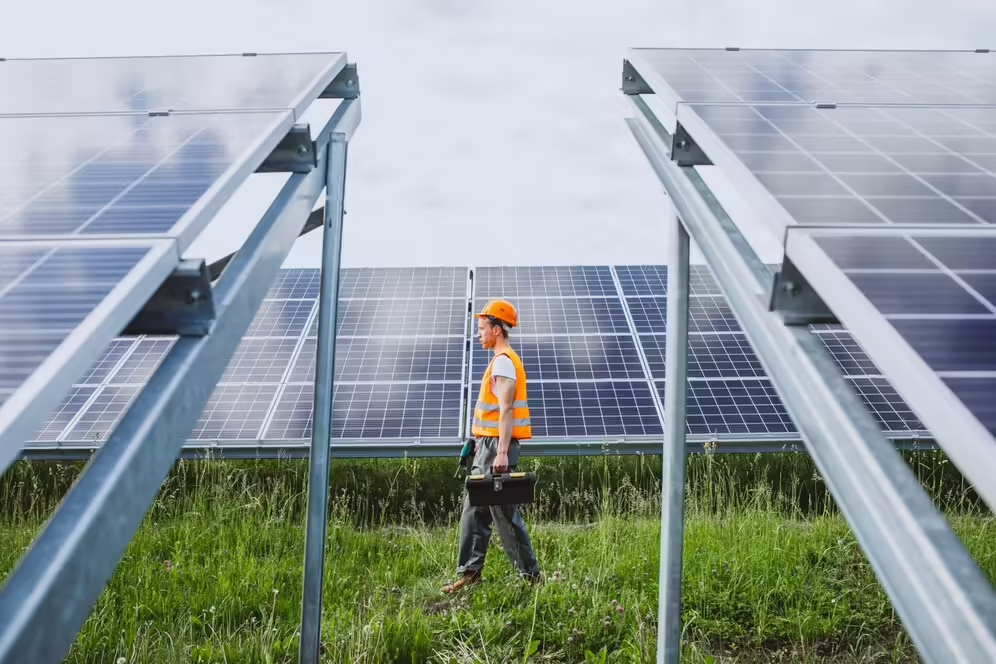Author: Alin Halimatussadiah, Milda Irhamni, Teuku Riefky, Muhammad Nur Ghiffari, and Fachry Abdul Razak Afifi
Abstract
Indonesia has pledged an ambitious target for decarbonizing its energy sectors. This study aims to examine the potential impact of transitioning the power and automotive sectors on employment. Utilizing energy modeling results for three different decarbonization scenarios, this study quantitatively projects the direct, indirect, and induced impacts of transitioning the power sector on employment for the period of 2020-2050. The analysis of the automotive sectors was taken using qualitative method to gather insight into the potential net job creation resulting from transitioning to Electric Vehicle (EV) from Internal Combustion Engine Vehicle (ICEV). The findings suggest that decarbonizing the electricity sector to meet the Paris Agreement target would create 5.86 million direct jobs-year, 2.67 million higher than the business-as-usual scenario. The job creation primarily comes from solar photovoltaics (PV) projects, despite potential job losses from retiring coal plants. Most of these direct jobs are associated with the construction and installation phases of power plants. Overall, the energy transition could result in net job creation (direct, indirect, and induced impacts) ranging from 7.07 million to 12.17 million jobsyears by 2050. In contrast to the positive employment impact Contrasting to the results in the power sector, this study identified two main risks associated with the transition from ICEV to EV manufacturing: lower demand for workers for ICEV components manufacturing and maintenance and higher demand for workers capable of handling more automation-based manufacturing technology, potentially leading to net job losses. This evidence suggests that policymakers should enhance human capital through training and certification, as well as fostering collaboration among stakeholders to address labor market changes during the energy transition and fully capture its benefits.
Read more:




